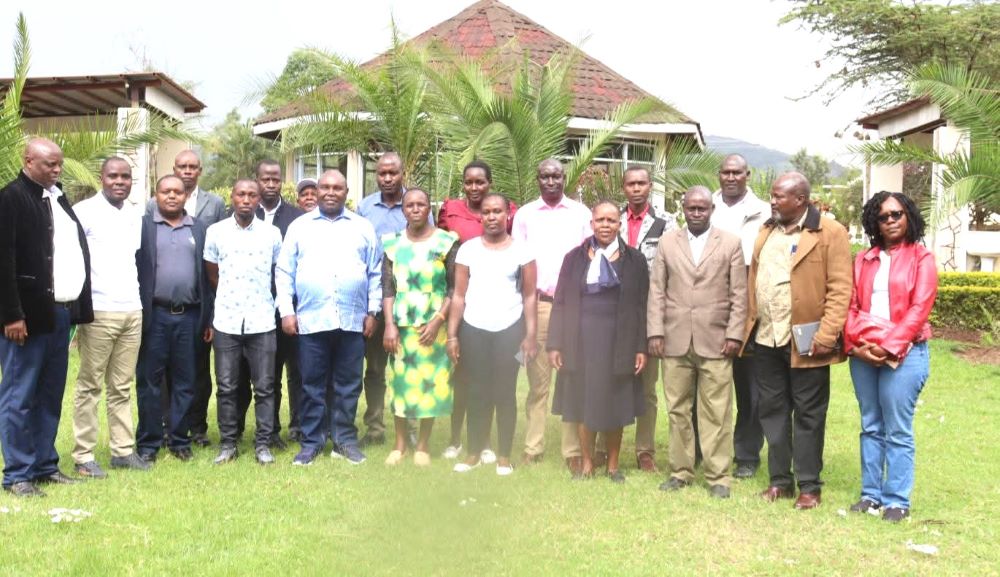A simmering tension is gradually building up in many counties following the sudden withdrawal of the right to issue bursaries to needy students by county governments as a result of a recent directive by the Controller of Budget (CoB) Margaret Nyakang’o.
Speaking during the inauguration ceremony of the new assistant chief for Cheptuya Sub-Location, Solomon Ameme, West Pokot County Governor, Simon Kachapin stated that since 2013, education has been one of his top-level priority where his administration has always allocated over KSh500 million annually towards bursaries.
He said that this is completely unacceptable since learners could drop out of school because of the inability to get fees.
He said that the historical marginalisation of the Arid and Semi-Arid Land (ASAL) area has greatly disadvantaged development and led to high levels of illiteracy making West Pokot to fall behind other developed counties.
According to him, under article 43(3) of the constitution, counties are obligated to provide social protection including support for the families that are unable to meet their education financial obligations.
READ ALSO:
Students who missed university entry mark in Machakos told to enroll in TVET
The governor further said that the county budgets always undergo comprehensive public participation which align with Article 174(D and E) and the fourth schedule, requires counties to promote education and strengthen community capacity building.
The governor said that he was deeply concerned that the CoB can claim that the provision of bursaries is an exclusive function of the National Government.
“Senators have to take education seriously and treat it with decorum, advocating for equitable access to education for all,” he posed.
Kachapin asked the CoB to respect the decisions made by County Assemblies on the approved budgets.He stated that in ASAL areas, parents carry heavy burden of supporting primary and secondary students, and some take care of over 10 learners pursuing education.
He argued that following the directive, the future of such learners is bleak adding that survival of the learners is entirely dependent on collaborative efforts to safeguard their dignity and uphold their constitutional right to access education.
By Hillary Muhalya.
You can also follow our social media pages on Twitter: Education News KE and Facebook: Education News Newspaper for timely updates.
>>> Click here to stay up-to-date with trending regional stories
>>> Click here to read more informed opinions on the country’s education landscape






